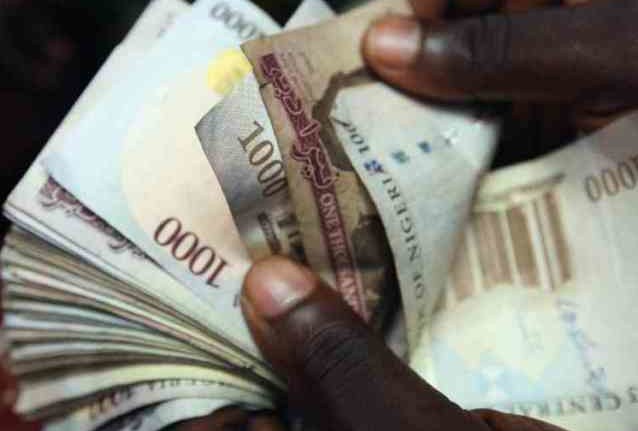Recent data analysis from the Central Bank of Nigeria (CBN) reveals a concerning trend: as of March 2024, an overwhelming 94% of the currency in circulation was held outside banks.
In detail, out of the total N3.87 trillion currency in circulation, a significant N3.63 trillion is stashed away outside formal banking channels. This surge in cash hoarding has been steadily climbing, with January 2024 recording 90%, February 92%, and March hitting 94%.
This spike may indicate a dwindling trust in the banking system or a preference for cash transactions, potentially driven by economic uncertainties or other socio-economic factors.
The escalation in currency circulation is striking. In just one year, from January 2023 to January 2024, the currency in circulation more than doubled from N1.39 trillion to N3.65 trillion. This pattern continued into February and March 2024, with significant monthly increases.
Concurrently, the amount of currency held outside banks saw a staggering surge. From January 2023 to January 2024, the figure catapulted from N792.18 billion to N3.28 trillion. By March 2024, it soared to N3.63 trillion, marking a 150% increase compared to the same period in 2023.
The rationale behind this cash hoarding behavior can be traced back to the acute cash scarcity experienced in 2023, partly caused by the CBN’s flawed naira redesign policy. This scarcity triggered widespread economic disruptions and eroded trust in the banking system, prompting people to stockpile cash.
The repercussions of such behavior are profound. Cash hoarding outside banks constrains money circulation, impeding liquidity and undermining the effectiveness of monetary policies. This could lead to heightened transaction costs and reduced credit availability, ultimately dampening economic activity.
Despite earlier measures, such as suspending processing charges on large cash deposits, Nigerians continue to hoard cash at home rather than deposit it in banks. The CBN has previously cautioned against high-volume withdrawals and suspected collusion between banks and Point of Sales (POS) merchants, emphasizing the disruptive impact on currency circulation.
The prevalence of cash hoarding outside banks underscores the urgent need for measures to restore trust in the banking system and encourage financial inclusion, which is essential for sustaining economic stability and growth.
Source – Nairametrics


































